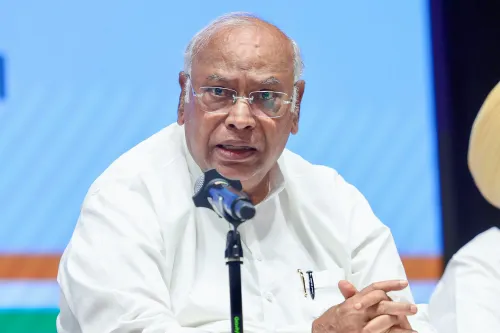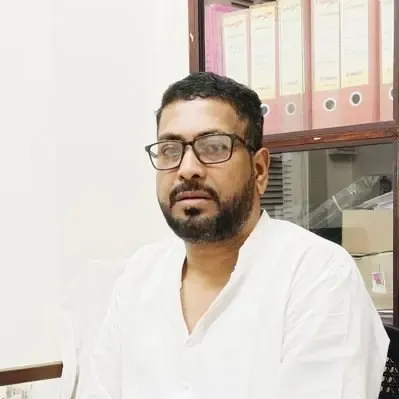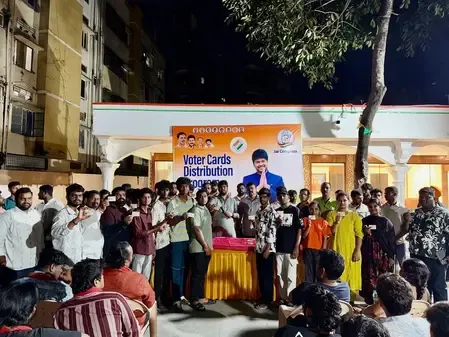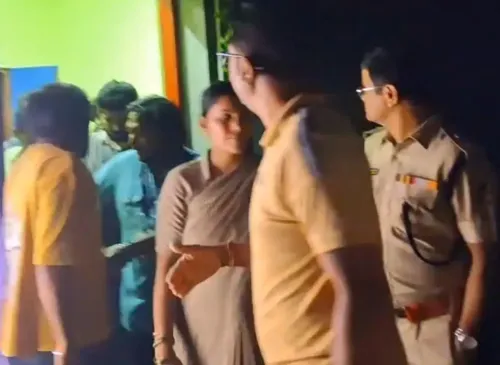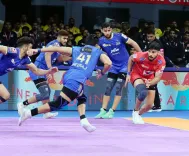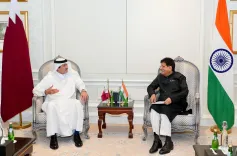Will Delhi Court Rule on Tahawwur Rana's Phone Call Request Today?
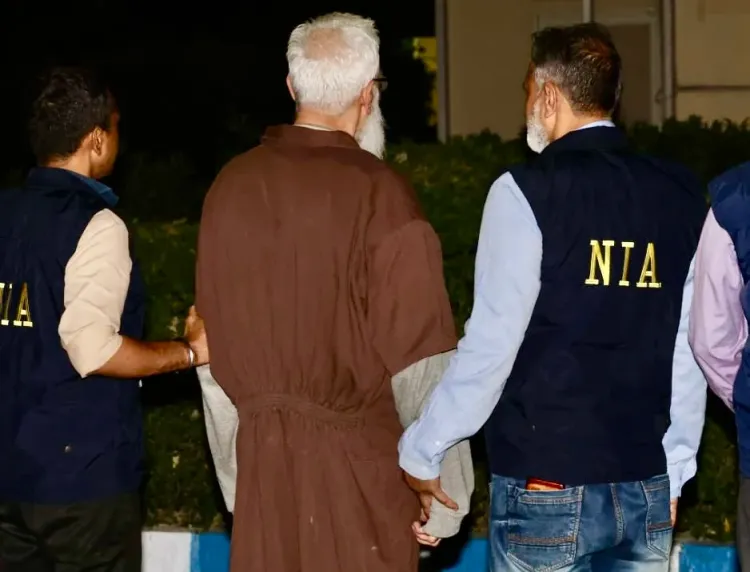
Synopsis
Key Takeaways
- Tahawwur Rana is seeking to consult his family regarding legal representation.
- The court ruling is highly anticipated due to Rana's notoriety in the 26/11 attacks.
- Security concerns have been raised regarding Rana's communication with family.
- Rana was extradited to India following a US Supreme Court decision.
- The implications of the ruling could impact future legal proceedings.
New Delhi, Aug 7 (NationPress) The Patiala House Court in Delhi is on the brink of delivering its ruling regarding a request made by Tahawwur Rana, the alleged mastermind behind the 26/11 Mumbai terror attacks. He has appealed for permission to conduct a phone conversation with his family to discuss a potential change in his legal representation.
On August 5, the court concluded its hearings and reserved its judgment following in-camera proceedings.
Rana expressed to the court the necessity of consulting his family before making any decisions concerning his legal counsel, and he requested a one-time phone call for that purpose.
This request faced opposition from the authorities at Tihar Jail, who cited significant security risks.
Currently, Rana is being held in Tihar Jail under judicial custody, which has been extended until August 13.
In a response to the Special National Investigation Agency (NIA) Court, Tihar Jail officials reiterated their refusal to allow Rana regular phone access, again citing security-related concerns.
This is not the first instance where Rana has sought permission for family communication. An earlier request was granted, allowing him a single phone call.
However, prison officials have consistently maintained that regular calls cannot be accommodated in the present situation.
Rana, a Pakistani-Canadian national and a close associate of 26/11 conspirator David Coleman Headley (also known as Dawood Gilani), was extradited to India earlier this year after the US Supreme Court dismissed his review petition on April 4.
His connection to the 2008 Mumbai attacks, which claimed the lives of 166 individuals across multiple targeted sites—including the Chhatrapati Shivaji Maharaj Terminus, luxury hotels, and a Jewish center—positions him as one of the most prominent figures in India's battle against cross-border terrorism.

